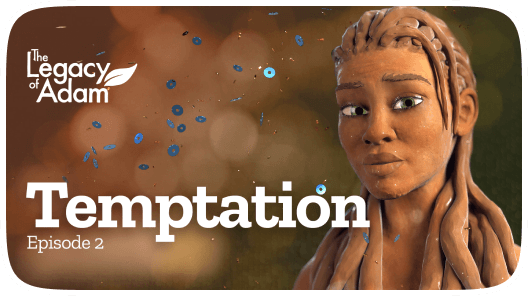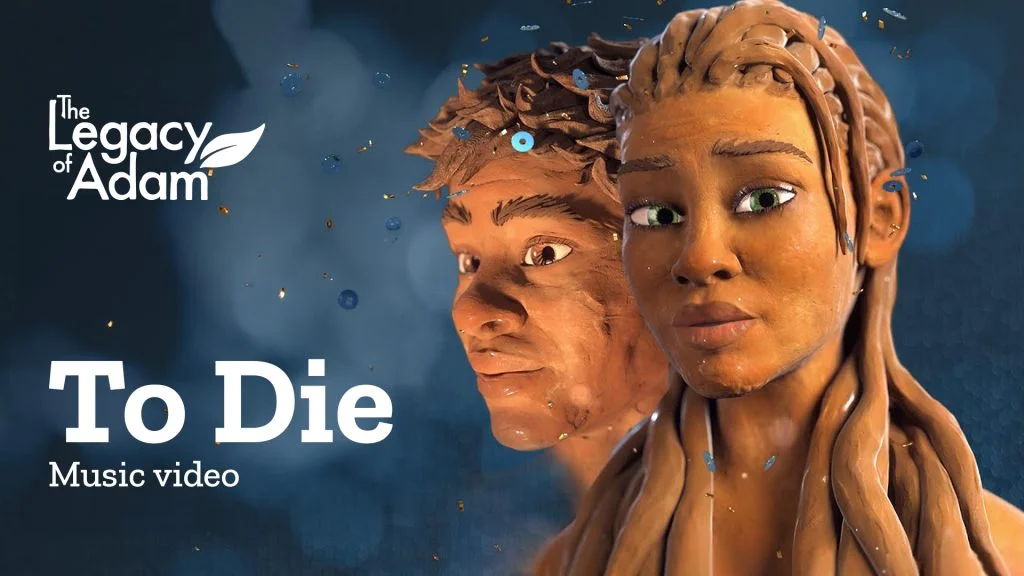Why does God ask Adam and Eve to sacrifice animals to him as ‘an offering of innocence to the Creator to make up for the mistake of the guilty’ in the Legacy of Adam?
This question touches on a deep theological concept that has been debated for centuries. While the series may offer a unique interpretation, the underlying theme of sacrifice and atonement is prevalent in many religious traditions.

Christian Perspective
In Christian theology, the concept of sacrifice is closely tied to the crucifixion of Jesus Christ. Followers of Christ believe that Jesus’ death was a sacrificial act to atone for humanity’s sins. This sacrifice is seen as a divine gift, not something that can be earned through human effort. While the specific details of the sacrifice are interpreted differently, the underlying idea is that God has provided a way for humans to be reconciled with him.
The apostle John, in his First Epistle, writes, “Love consists in this: not that we loved God, but that He loved us and sent His Son as the atoning sacrifice for our sins. Beloved, if God so loved us, we also ought to love one another” (1 John 4:10-11). This passage emphasizes the sacrificial nature of Jesus’ love and its implications for human relationships.
Christian theologian Matthew Bennett explains the distinction between Christian and Islamic views on salvation:
Within Islam . . . the relationship between God and humanity is not so intimate that it would require God to provide anything beyond knowledge of his law. The human-divine relationship is one of master and servant, lord and slave . . . Salvation or redemption, then, is not an issue of being restored into relationship, but rather functioning properly in light of one’s status as servant.
However, Christian theology views humans as creatures designed for an intimate, personal relationship with God. Human sins make this relationship untenable apart from God’s provision of a means of atonement. In other words, the solution to this estrangement must be a divine act in which God redeems humanity, taking away their sin and impurity, and restoring them to a state of righteousness.
Islamic Perspective
In Islam, sin is understood as a failure to live in accordance with God’s commands. It is seen as a natural human tendency caused by forgetfulness or deception. The appropriate response to sin, according to Islamic teachings, is for God to make his will known through prophetic revelation. Humans are then expected to submit to God’s commands.
The Qur’an, the holy book of Islam, contains numerous verses that address the issue of sin and repentance. For example, in Surah Al-Baqarah, it states, “Say, ‘O My servants who have transgressed against themselves, do not despair of God’s mercy. Indeed, God is all-forgiving, Most Merciful’” (2:37). This verse emphasizes God’s forgiveness and mercy, even for those who have sinned.
Theological Differences
One of the key differences between Christian and Islamic perspectives is the nature of the human-divine relationship. Christianity views humans as creatures designed for an intimate, personal relationship with God. Sin disrupts this relationship, and only through God’s sacrificial act can it be restored. Islam, on the other hand, sees the relationship as one of master and servant, with humans expected to fulfill their duties.
The Bigger Questions
Beyond the specific interpretations of sacrifice in different religions, this question raises broader philosophical and theological inquiries:
- Why does the universe exist? This question explores the ultimate purpose and meaning of life.
- Is there life after death? This question delves into the nature of existence beyond our physical lives.
- How did man evolve? This question touches on the origins of humanity and our place in the universe.
- Who was Jesus? This question is central to both Christian and Islamic theology, with different interpretations of Jesus’ role and significance.
These questions have been pondered by thinkers throughout history, and there are no easy answers. However, by exploring different perspectives and engaging in thoughtful dialogue, we can deepen our understanding of these complex issues.
The question of sacrifice in The Legacy of Adam (TLOA) raises important theological and philosophical questions. While there are differences in how different religions interpret this concept, the underlying theme of atonement and reconciliation is a common thread. Ultimately, the meaning of sacrifice is a deeply personal matter that can vary greatly from individual to individual.






